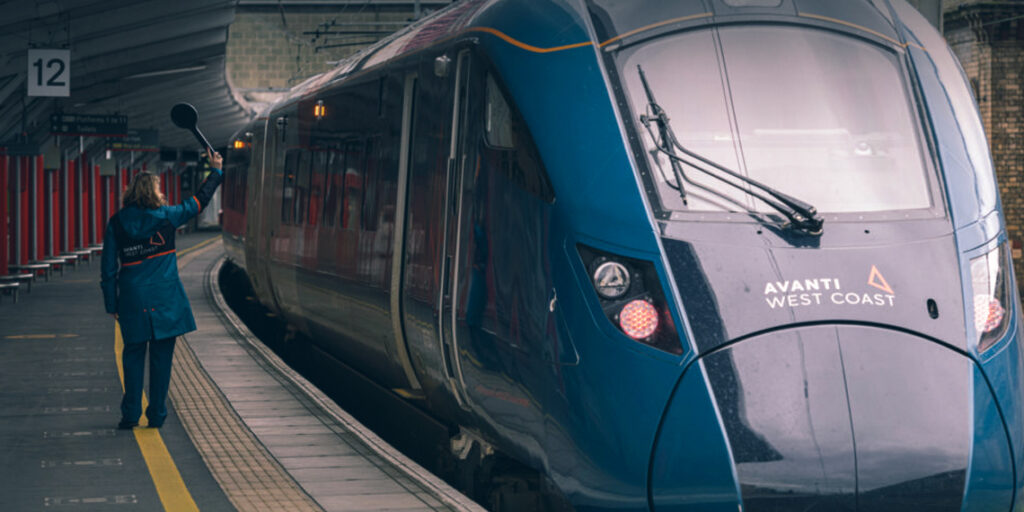Passengers in North Wales are set to face further travel disruption on Thursday as Avanti West Coast train managers stage another strike in an ongoing dispute over rest-day working.
The walkout, organised by members of the Rail, Maritime and Transport union (RMT), is the second this week, leading to severely reduced timetables. Key routes in North Wales, Blackpool, and Edinburgh will have no Avanti West Coast services during the strike.
Avanti West Coast has confirmed it will operate a limited service on Thursday, including:
One train per hour between London Euston and Wolverhampton (via Birmingham), Crewe, and Manchester.
Limited connections between Glasgow and Preston.
Trains will run within restricted hours, with the first service departing London Euston around 8:00 AM and the last service leaving before 5:00 PM.
Passengers planning to travel on 2 January are urged to:
Check the last train times.
Avoid travel where possible.
Claim a fee-free refund or rebook for alternative dates if travel plans are affected.
Kathryn O’Brien, Executive Director of Customer Experience at Avanti West Coast, expressed disappointment over the strike.
“We’re disappointed by the RMT calling strike action on 2 January. Our customers will face significantly disrupted journeys as a result, and I would like to thank them for their patience and understanding,” she stated.
RMT members working as train managers at Avanti West Coast have also announced they will strike every Sunday from 12 January to 25 May 2025.
An RMT spokesperson criticised Avanti’s reliance on replacement managers, reportedly earning £500 per shift, double the pay of striking staff.
“It is wholly unacceptable that replacement managers can be paid around £500 per shift, about double what our Avanti members earn—while not providing the same service for passengers,” the union stated.
The dispute highlights broader challenges within the rail industry, including staff shortages and reliance on rest-day working agreements to maintain services.
The strike underscores the union’s call for a fair settlement and a long-term solution to staffing issues, which they argue would be more cost-effective and beneficial for passengers.


